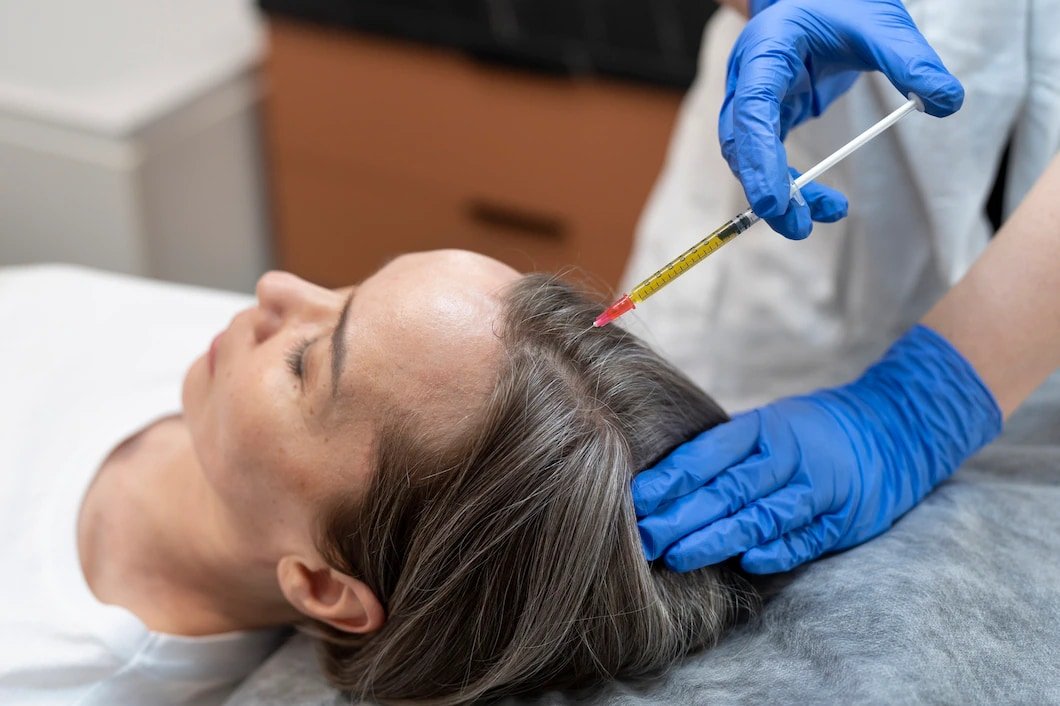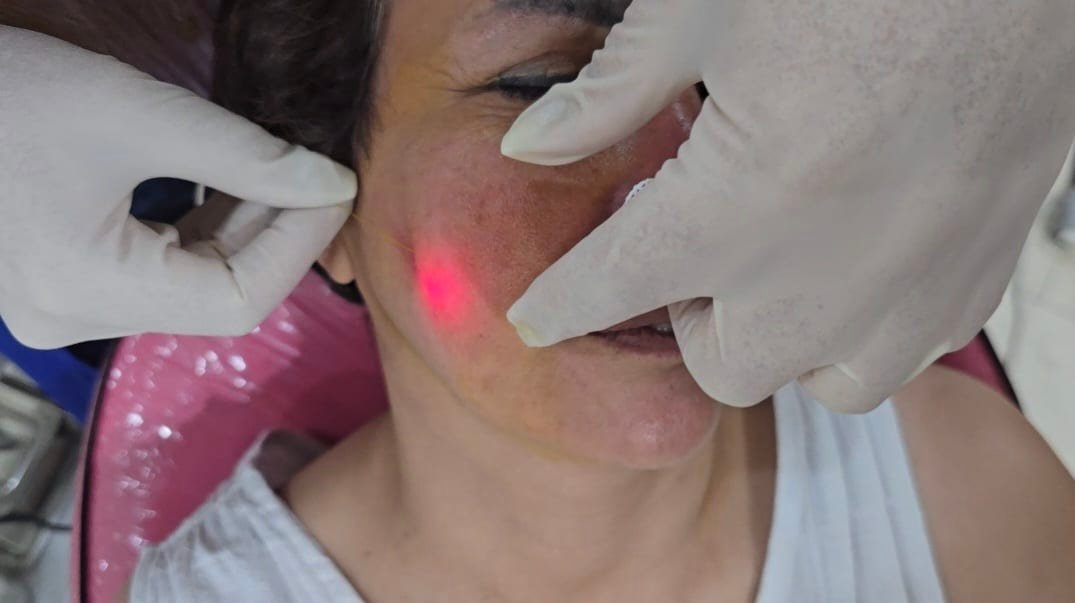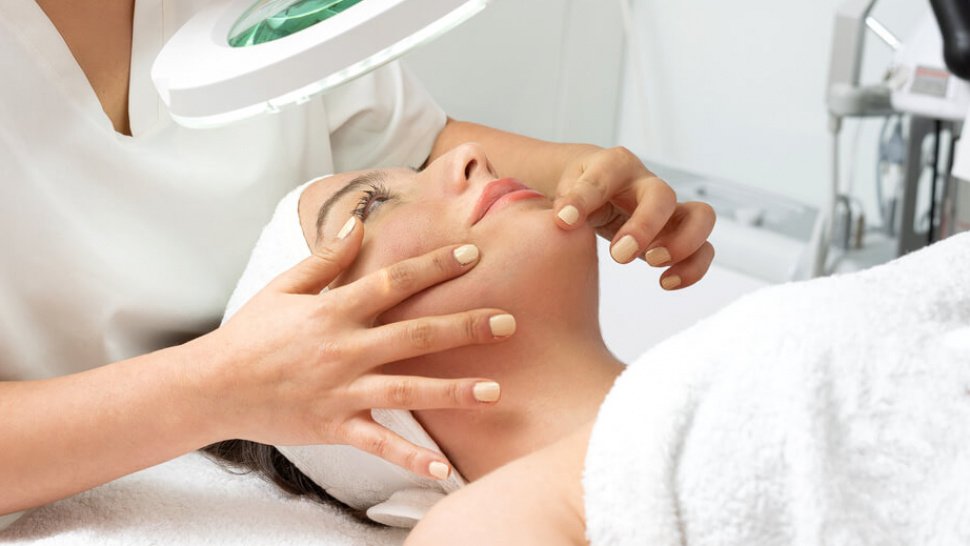Providing quality care for the elderly is a growing priority for families seeking comfort, safety, and independence for their loved ones. As the demand for personalized care increases, many turn to Private Care for the Elderly at Home in Abu Dhabi to ensure their seniors receive tailored assistance in the familiar environment of their own residence. This form of care is designed to enhance the quality of life, promote independence, and offer peace of mind to families, making a significant difference in the lives of elderly individuals.
The Importance of Personalized Elderly Care
Understanding Elderly Needs and Preferences
Every elderly individual has unique health requirements, lifestyle preferences, and emotional needs. Private home care services prioritize understanding these individual aspects to create customized care plans. This personalized approach ensures that seniors receive the appropriate level of assistance, whether it involves mobility support, medication reminders, or companionship, fostering a sense of dignity and respect.
Fostering Independence and Comfort
One of the key benefits of private elderly care at home is maintaining a senior’s independence. Unlike institutional settings, home care allows elders to stay in a familiar environment, which can significantly boost their emotional well-being. The tailored support provided helps them perform daily activities with confidence, promoting a sense of autonomy while ensuring safety and assistance when needed.
The Range of Services Offered in Private Elderly Care
Comprehensive In-Home Assistance
Private care services encompass a broad spectrum of support, including personal hygiene, meal preparation, mobility assistance, and medication management. Caregivers are trained to handle various daily tasks efficiently, ensuring that seniors’ health and comfort are prioritized without compromising their independence.
Companionship and Emotional Support
Beyond physical care, emotional well-being is crucial for seniors. Caregivers often serve as companions, engaging in conversations, hobbies, and activities that stimulate mental health. This social interaction can reduce feelings of loneliness and depression, contributing to overall happiness.
Health Monitoring and Emergency Response
Regular health monitoring is vital for seniors with chronic conditions or those recovering from illness. Private caregivers can observe any changes in health status and coordinate with healthcare professionals as necessary. Additionally, emergency response systems and protocols ensure prompt assistance during critical moments, providing peace of mind for families.
Advantages of Choosing Private Care at Home
Enhanced Quality of Life
Receiving care in a familiar setting supports emotional stability and comfort, which are essential for seniors’ well-being. Private care providers focus on creating a supportive environment that respects the individual’s routines and preferences, fostering a higher quality of life.
Flexibility and Convenience
Unlike rigid institutional schedules, private home care offers flexibility tailored to the elderly person’s daily routines. Scheduling can be adapted to suit individual needs, allowing for a more relaxed and personalized experience.
Family Involvement and Peace of Mind
Private care services often encourage family participation in care planning and activities, strengthening familial bonds. Families can remain actively involved in their loved one’s care, knowing their needs are being met professionally and compassionately.
The Role of Trained Caregivers in Private Elderly Care
Professional Skills and Compassionate Approach
Caregivers in private settings are typically trained to handle various medical and non-medical needs with professionalism and empathy. Their compassionate approach ensures that seniors feel valued and respected, which is vital for emotional health.
Regular Training and Monitoring
To maintain high standards, caregivers undergo ongoing training in elderly care best practices. Supervisory oversight ensures that care delivery remains consistent, personalized, and aligned with the senior’s evolving needs.
How Private Care for the Elderly at Home in Abu Dhabi Enhances Well-being
Cultural Sensitivity and Personalization
In Abu Dhabi, care providers often incorporate cultural and religious considerations into their services. This cultural sensitivity ensures that seniors feel comfortable and respected, which is essential for their emotional and spiritual well-being.
Promoting a Safe Environment
A significant aspect of private elderly care is creating a safe living space. Caregivers help eliminate hazards, assist with mobility, and monitor health conditions, reducing the risk of accidents and ensuring safety at all times.
Supporting Family Dynamics
Private home care allows families to maintain their routines and responsibilities while ensuring their loved ones are cared for. This balance helps reduce stress and provides a supportive environment for both seniors and their families.
How to Choose the Right Private Care Service
Assessing Care Needs and Preferences
Families should evaluate the specific needs of their elderly loved ones, including medical requirements, daily routines, and personal preferences. This assessment helps in selecting a service that aligns with these needs.
Verifying Caregiver Qualifications and Experience
It is essential to ensure that caregivers are well-trained and experienced in elderly care. Proper vetting and background checks contribute to a safe and trustworthy care environment.
Evaluating Service Flexibility and Support
Choosing a provider that offers flexible scheduling, comprehensive services, and ongoing support ensures that the care remains effective and adaptable to changing needs over time.
The Impact of Private Elderly Care on Family Life
Reduced Caregiving Burden
Having professional caregivers manage daily tasks alleviates the physical and emotional strain on family members. This support enables families to focus on quality interactions and emotional connections with their loved ones.
Peace of Mind and Confidence
Knowing that a qualified and compassionate team is caring for their elderly relatives provides families with peace of mind. It allows them to balance their personal and professional lives without constant worry.
Strengthening Family Relationships
With professional care in place, families can spend meaningful time together without the stress of caregiving responsibilities. This enhances relationships and creates a supportive environment for the elderly.
Future Trends in Private Elderly Care
Integration of Technology
Advancements in technology, such as remote health monitoring and communication devices, are increasingly integrated into private care services. These innovations improve responsiveness and enable better health management.
Focus on Holistic Care
Future elderly care models are expected to emphasize holistic approaches, addressing physical health, mental well-being, and social engagement to promote overall wellness.
Emphasis on Cultural Competence
Culturally sensitive care tailored to diverse populations will continue to be a priority, ensuring that elderly individuals feel understood and respected within their community.
FAQs
What are the key benefits of opting for private care for the elderly at home?
Private care offers personalized assistance, promotes independence, provides emotional support, and ensures safety within a familiar environment, significantly enhancing the elderly’s quality of life.
How does private care differ from institutional elderly care?
Unlike institutional care, private home care is tailored to the individual’s needs, offers a flexible schedule, maintains comfort and familiarity, and involves family participation in care planning.
What qualifications should caregivers have for elderly private care?
Caregivers should have relevant training in elderly care, experience in assisting seniors, and possess compassionate qualities to provide respectful and effective support.
How can families ensure the quality of private elderly care services?
Families can verify caregiver credentials, assess the provider’s reputation, request personalized care plans, and maintain open communication to ensure consistent and high-quality care.
















Leave a Reply